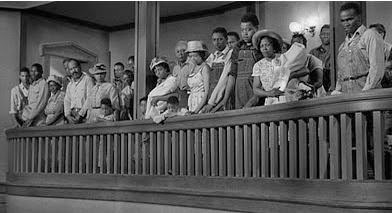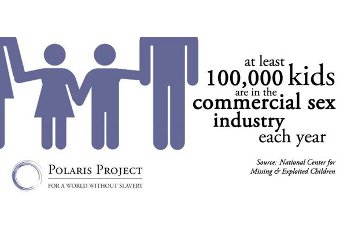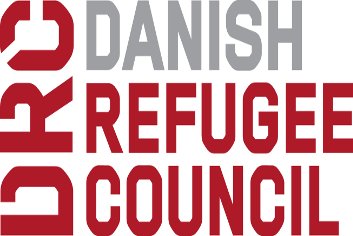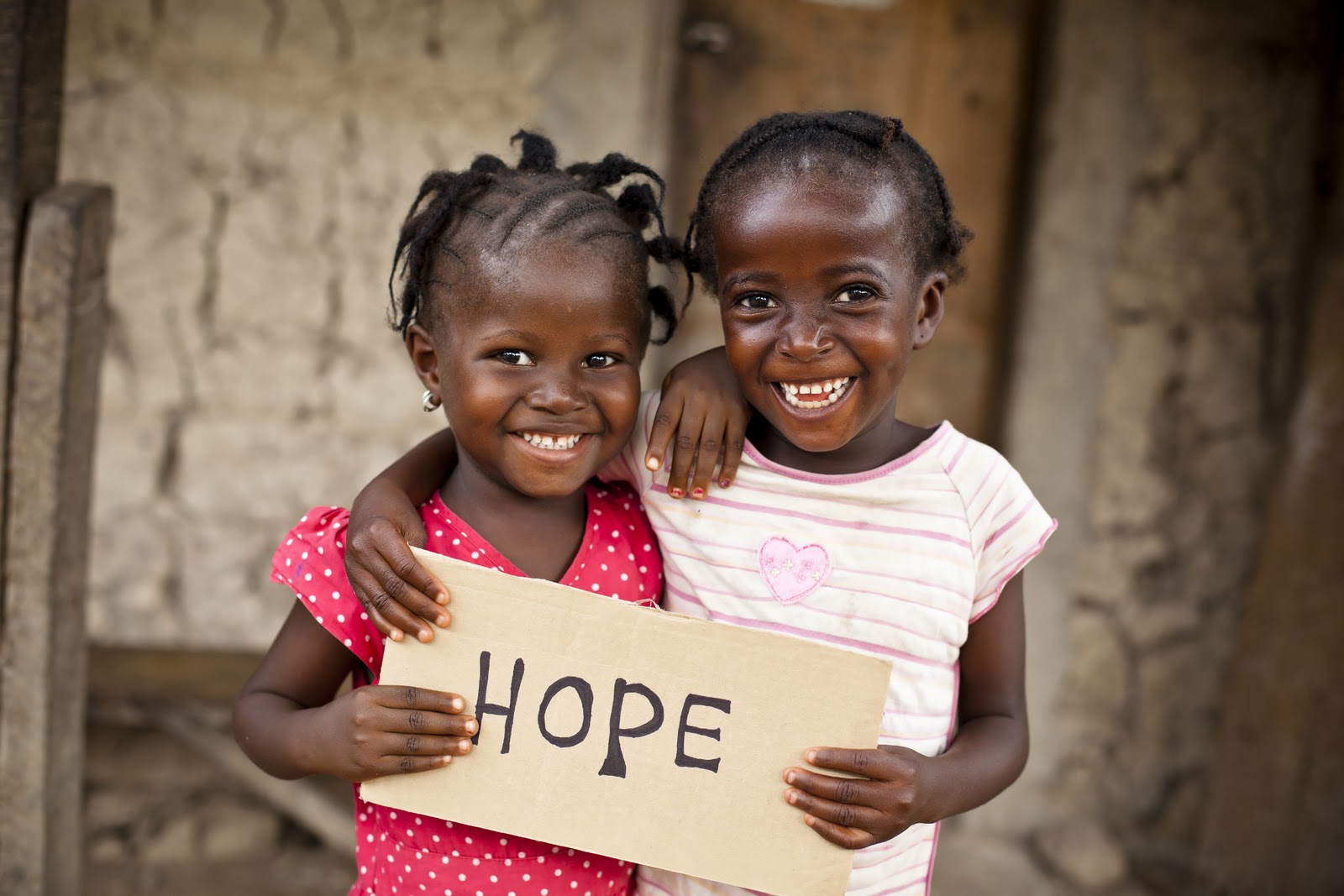Transitional justice is not a ‘special’ kind of justice, but an approach to achieving justice in times of transition from conflict and/or state repression. By trying to achieve accountability and redressing victims, transitional justice provides recognition of the rights of victims, promotes civic trust and strengthens the democratic rule of law. In the aftermath of massive human rights abuses, victims have well established rights to see the perpetrators punished, to know the truth, and to receive reparations. Because systemic human rights violations affect not just the direct victims, but society as a whole, in addition to satisfying these obligations, states have duties to guarantee that the violations will not recur, and therefore, a special duty to reform institutions that were either involved in or incapable of preventing the abuses. A history of unaddressed massive abuses is likely to be socially divisive, to generate mistrust between groups and in the institutions of the State, and to hamper or slow down the achievement of security and development goals. It raises questions about the commitment to the rule of law and, ultimately, can lead to cyclical recurrence of violence in various forms. The International Center for Transitional Justice works in over 30 countries to help connect local needs with global knowledge. Egypt’s hope
Related Articles
Is it so difficult to be a compassionate lawyer?
Shauneen Lambe and her fight for children defendants
The Community of the Wrongly Accused
how do you fight stigma?
How do you put an end to human trafficking?
Derek Ellerman and the Polaris Project
International Bridges to Justice and the story of Karen Tse
the efforts of John Rice
the fight of a lawyer
60 years of solutions for refugees
David Miliband's intervention on Sri Lanka and a remarkable documentary
The children in Niger cannot wait
Pierre Mertens travels to Niger and writes about the urgency of humanitarian aid but also the need to overcome much more on a local level.
the price of fighting for women’s rights
![]()
STAY IN TOUCH
SUBSCRIBE TO OUR NEWSLETTER
AND RECEIVE OUR LATEST STORIES










